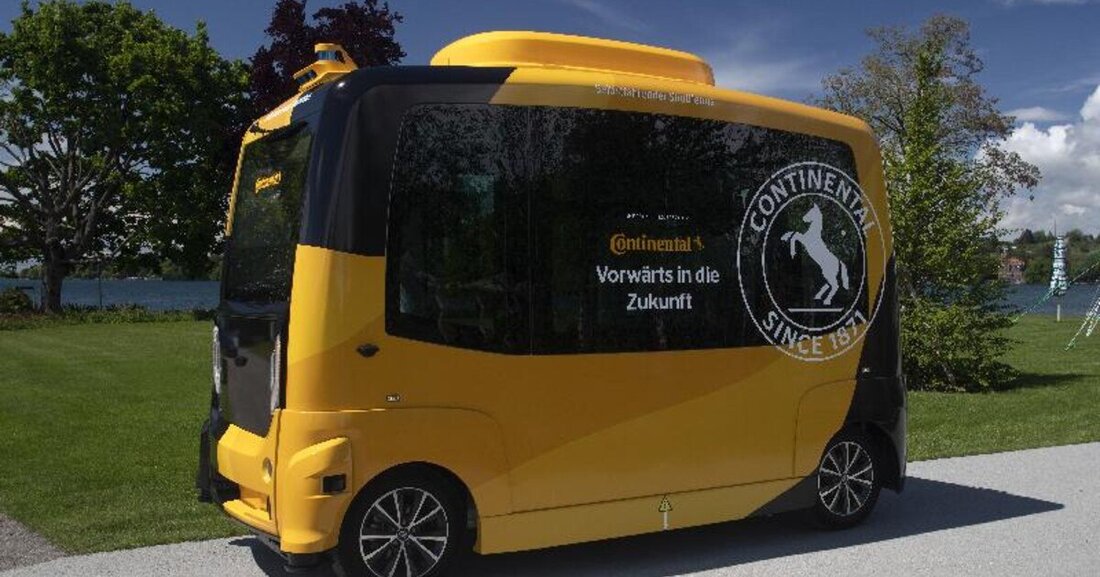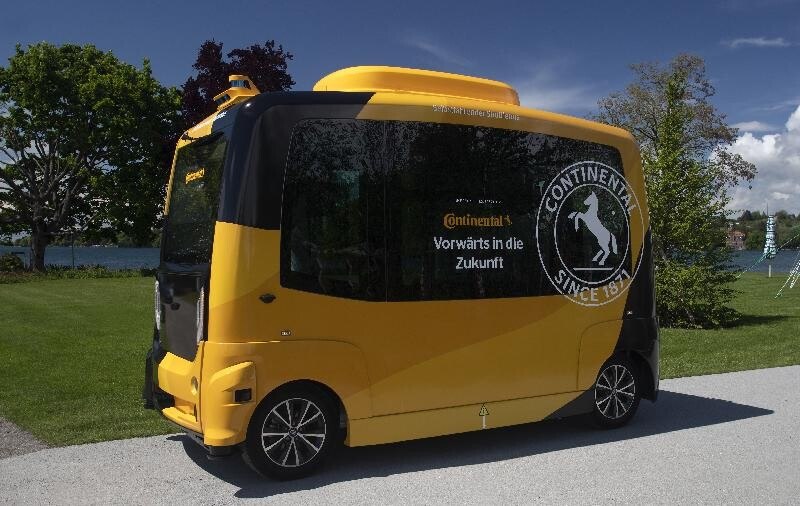Driving assistants yes, robo-cars no
The new mobility study from Continental shows: European drivers prefer not to hand the steering wheel over to a robot, but they are happy to use the services of driving assistants.

Driving assistants yes, robo-cars no

On behalf of Continental, the social research institute infas surveyed around 1,000 people in five countries about their mobility behavior. Conclusion: Driver assistance systems and automated driving are gaining acceptance, especially in China and Japan, while people in Germany, France and the USA are still hesitant about the technology. When it comes to driver assistance systems, however, there is a consistently high level of openness in all five countries, particularly towards safety-relevant functions.
Skepticism and control
“Our experience shows that acceptance increases when you can experience the functions - which is why extensive testing is important,” says Frank Petznick, head of the driver assistance systems business unit at Continental. Currently, most drivers still sit behind the wheel of their own car out of conviction. New technologies are important to them, but giving up full control is still unimaginable for many. Especially in Germany, France and the USA, a majority thinks that automated driving is useful but also a little frightening. In the USA, 75 percent of those surveyed are concerned about the issue, significantly more than in the comparison countries. This value has not changed since 2018.
Leap of trust in Asia
In China and Japan, people are much more positive about robo-cars. 91 percent (China) and 82 percent (Japan) consider automated driving to be a useful development. 79 percent (China) and 67 percent (Japan) also assume that the technology will become an integral part of everyday road traffic in the next five to ten years. The majority of people in Germany, France, the USA, China and Japan are happy to hand over tasks such as parking to assistants or to have a turning assistant assist them in traffic, for example. People in China in particular (91 percent) welcome a right-turn assistant as part of the mobility study, which specifically protects cyclists and pedestrians from turning vehicles. But there is also great interest in this development in the other four survey countries - more than 70 percent of all those surveyed would want to use the turning assistant in traffic.

 Suche
Suche
 Mein Konto
Mein Konto